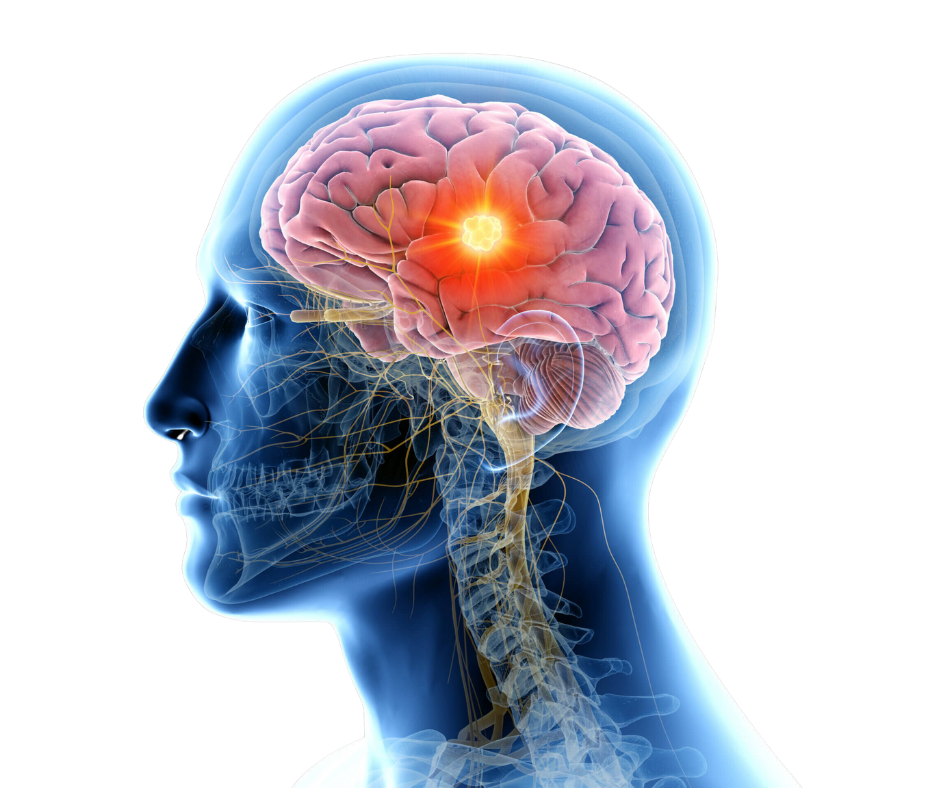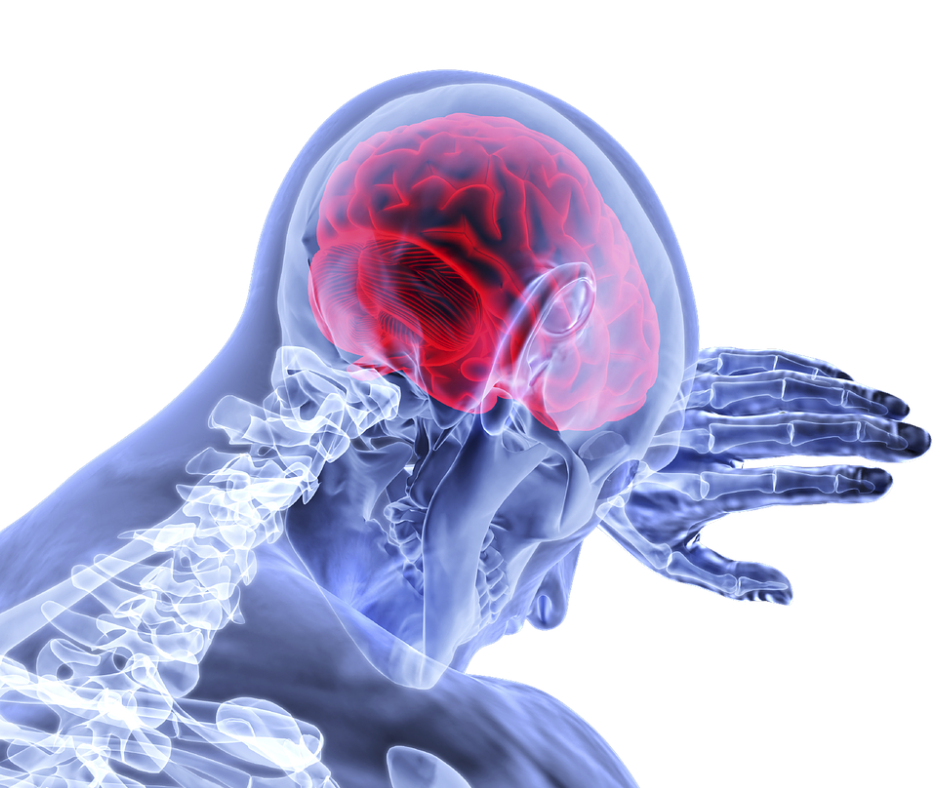Stem cell therapy is being actively researched as a treatment for various types of brain injuries, including traumatic brain injury (TBI), stroke, and hypoxic-ischemic brain injury. Here’s an overview of how stem cells may be used and what the current science says:
1. Types of Stem Cells Used in Brain Injury Research
Mesenchymal Stem Cells (MSCs): Often derived from bone marrow, fat tissue, or umbilical cord. These have anti-inflammatory and regenerative properties.
Neural Stem Cells (NSCs): Found in the brain and spinal cord; they can differentiate into neurons, astrocytes, and oligodendrocytes.
Induced Pluripotent Stem Cells (iPSCs): Reprogrammed from adult cells to become any cell type, including neural cells.
Embryonic Stem Cells (ESCs): Pluripotent and capable of becoming any cell type, though their use is more controversial due to ethical concerns.
2. How Stem Cells Help in Brain Injury
Stem cells don’t necessarily “replace” lost brain cells directly. They:
Modulate the immune response to reduce inflammation.
Secrete growth factors that encourage the brain to repair itself.
Promote neurogenesis and blood vessel formation (angiogenesis).
May differentiate into neurons or support cells.
3. Current Research and Clinical Trials
Many preclinical studies in animals show promise—improved motor function, reduced lesion size, and better cognitive outcomes.
Clinical trials in humans are underway but are mostly in early phases (Phase I or II), focusing on safety and feasibility.
Results are encouraging but not yet conclusive for widespread use.
4. Challenges and Risks
Delivery method: Intravenous, intrathecal (spinal), or directly into the brain.
Immune rejection (if not autologous).
Tumor formation risk (especially with pluripotent stem cells).
Ethical and regulatory issues vary by region.
5. Realistic Outlook
Stem cell therapy is a promising but still experimental option for brain injury. It may become a mainstream therapy in the future, especially as techniques become more refined and better understood.

What is Traumatic Brain Injury?
Traumatic Brain Injury (TBI) refers to the disruption of normal brain function caused by a sudden impact, blow, or penetration to the head. It encompasses a range of clinical signs, including loss or decrease in consciousness, amnesia (loss of memory before or after the event), focal neurological deficits (such as muscle weakness or visual impairment), and altered mental state (e.g., disorientation, slow thinking, difficulty concentrating).
The severity of TBI symptoms can vary, classified as mild, moderate, or severe based on the extent of brain damage. Mild cases may result in temporary changes in mental state or consciousness, while severe cases can lead to prolonged unconsciousness, coma, or even fatality.
What are the causes of Traumatic brain injury?
Approximately half of the emergency department visits related to Traumatic Brain Injuries (TBIs) are attributed to falls. It is noteworthy that falls predominantly affect two age groups: individuals over the age of 65 and children under the age of 17.
In addition to falls, TBIs can occur due to various other causes, including:
Domestic violence, assaults, child abuse, and incidents of shaken baby syndrome. Gunshot wounds, which encompass intentional self-harm cases. Motor vehicle accidents involving collisions or impacts. Injuries sustained during sports, recreational activities, work-related incidents, or military engagements. It is essential to recognize these diverse causes as they contribute significantly to the occurrence and prevalence of Traumatic Brain Injuries.
What are the symptoms of traumatic brain injury?
Traumatic brain injury (TBI) symptoms are based on the severity of the injury. It is majorly manifested as loss of consciousness, commonly occurring after a forceful impact or concussion. Some individuals experience perplexity lasting a few minutes, while others remain in delirium or unresponsive, characterized by coma or a persistent vegetative state or coma vigil.
Individuals with mild TBIs may manifest various symptoms, predominantly occurring immediately after the head trauma or in the subsequent days. Occasionally, the severity of symptoms may not become apparent until the individual resumes their regular activities, such as returning to school or work.
Traumatic brain injury treatment majorly depends on the symptoms,
Recognizable indications of a TBI encompass:
- Behavioral or mood alterations.
- Confusion or difficulties with memory.
- Convulsions or seizures.
- Dilated pupils or blurred vision.
- Sensations of dizziness, fainting, or fatigue.
- Persistent headaches.
- Nausea and vomiting.
- Restlessness or agitation.
- Heightened sensitivity to light and smell.
- Excessive or insufficient sleep patterns.
- Slurred Speech
Furthermore, infants and children affected by TBIs may also exhibit the following symptoms:
- Inconsolable crying persisting without relief.
- Refusal to eat, drink, or breastfeed.

Classification of Traumatic Brain Injury :
Based on various signs and symptoms Glasgow coma scale is used to classify the severity of Traumatic brain injury.
The traumatic brain injury treatment is decided with the help of these classifications so as to understand whether rest and rehabilitation would work or there might be a need for medical intervention and surgery.
According to Glasgow coma scale :
Mild : >= 13 score falls in this category of TBI. Mild traumatic brain injuries (mTBIs) encompass transient changes in consciousness, such as a state of feeling “dazed” or a loss of consciousness lasting less than 30 minutes. Individuals affected by mTBIs may encounter approximately one day of confusion, distinct from challenges related to attention or memory. Mild traumatic brain injury treatment is usually based on the symptoms.
Moderate: 9-12 score falls in the moderate category of TBI. This particular form of head injury is characterized by a duration of loss of consciousness exceeding 30 minutes but not extending beyond one day. The associated state of confusion can persist for up to one week.
Severe: Patients with scores of 3 to 8 are usually considered to be in a coma. These are classified as severe cases of TBI. Individuals who sustain this type of head injury experience a prolonged loss of consciousness exceeding a full day. These injuries are commonly accompanied by observable abnormalities on head CT scans or brain MRI images.

Traumatic Brain Injury treatment:
There are numerous treatments ranging from Surgery for intracranial hemorrhage to traumatic brain injury rehab including physical, occupational and speech therapy. For traumatic brain injury, specialists suggest Neurological evaluation, Imaging tests like CT scan and MRI and Blood evaluation to understand the prognosis and line of treatment best. Traumatic brain injury treatment includes medications like anticonvulsants, anti-anxiety , anti-coagulants, diuretics etc.
New treatments for traumatic brain injury include stem cell therapy. Traumatic brain injury treatment has seen recent advances in terms of stem cell therapy that can treat neurological impairment after TBI.
Current clinical approaches for addressing neurological dysfunction following traumatic brain injury (TBI) encompass hyperbaric oxygen therapy, brain stimulation, and behavioral therapy. However, the outcomes of these treatments have been less than satisfactory. In recent investigations, exogenous stem cells have been observed to migrate to the site of brain injury and actively engage in the repair process by differentiating into replacement cells, simultaneously releasing anti-inflammatory factors and growth factors. This remarkable mechanism significantly enhances neurological function, leading to improved functional recovery. The immunomodulatory and regenerative properties of stem cells have been identified as key contributors to the positive therapeutic effects observed in recent studies concerning TBI.
Stem cell treatment for TBI has stimulatory effects on the neurons hence affecting its neuroplasticity.
Mononuclear cells possess various properties that contribute to the recovery and repair processes within the brain. Notably, these cells exhibit angiogenic capabilities, enabling the formation of new blood vessels in the cerebral region. Additionally, they stimulate neurogenesis, leading to increased neuronal growth and differentiation. Moreover, mononuclear cells aid in reducing apoptotic cell death, releasing angiogenic and neurotrophic factors crucial for the promotion of cell survival and growth. Lastly, they facilitate myelination, promoting the remyelination of axons, which is essential for efficient neuronal communication.
Traumatic brain injury (TBI) refers to the disruption of normal brain function caused by an external force, typically resulting from a forceful blow to the head. Incidents such as severe sports injuries or car accidents frequently give rise to traumatic brain injuries.
he treatment approach for TBI often involves a combination of strategies including rest, medication administration, and surgical interventions as necessary. The goal is to promote healing, alleviate symptoms, and facilitate the recovery process for the affected individual.Traumatic brain injury treatment has seen recent advances in terms of stem cell therapy that can treat neurological impairment after TBI.
In recent years, significant progress has been made in the realm of traumatic brain injury (TBI) treatment, particularly with the emergence of stem cell therapy as a promising approach for addressing neurological impairments associated with TBI. This innovative therapeutic modality holds the potential to effectively target and treat the specific neurological deficits caused by TBI, offering new avenues for enhancing recovery and improving patient outcomes. Ongoing research and clinical studies continue to shed light on the potential of stem cell therapy as a valuable tool in the comprehensive management of TBI-related neurological impairments.
The recovery period for a traumatic brain injury (TBI) can vary significantly, depending on the severity of the injury. In general, the timeframe for recovery can range from several weeks to six months or even longer. Factors such as the extent of brain damage, the individual’s overall health, and the effectiveness of treatment interventions can influence the duration of the recovery process. It is important to recognize that each TBI case is unique, and the recovery timeline should be tailored to the specific needs and progress of the individual patient.
Various treatments can aid in TBI recovery, reducing or eliminating physical, emotional, and cognitive problems associated with the injury. Individualized approaches by healthcare professionals help restore functioning and enhance overall well-being, improving quality of life for TBI patients

